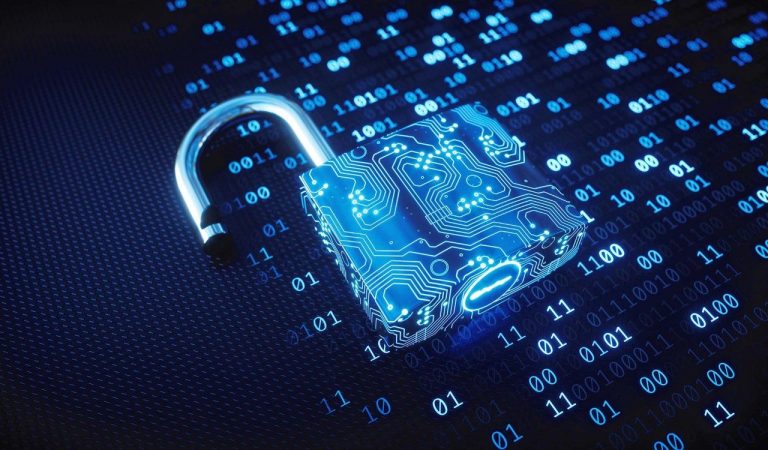The innovations of technology are immeasurable, which is why it has revolutionized security and safety. Every day, it becomes more necessary to have a security system that provides physical integrity to the employees and property of a company. Modern electronic security systems provide more security data for better and easier management. The best security systems are flexible to fit each client’s personalized needs while scaling with their future requirements.
Here are 5 tips to implement a proper electronic security system for your company:
1. Choose a reliable supplier
When choosing a security system supplier, make sure the company has a long, proven track record in the market. Check the reach, prestige, and opinions of people who are current clients. In addition, ensure that the supplier’s system is able to be easily serviced with a physical security system maintenance plan regularly. Do not trust installers and suppliers who offer you services at a much lower cost than the current market. This will help you get a higher quality security system that will be better at preventing physical breaches to your property. Another important factor is to make sure your supplier provides a personalized security system design for your comprehensive security plan that does not stop at simply selling you the product. The best suppliers and installers provide continuous, excellent customer support after the system has been installed.
2. Make sure your hardware and software of your security system is of high quality
It is very important that the electronic devices are of good quality so that they guarantee proper functioning. If low-end equipment is purchased it may degrade and become unreliable over a long period of use or worse, it may stop working without notice. In this regard, be sure to ask which brands your trusted service installer or supplier uses.
3. Have a qualified security personnel that will respond to the security system’s alerts
Modern electronic security systems instantly notify security guards when an emergency situation arises and emit audible alarms that can be received remotely on any delegated cell phone or desktop. Additionally, these systems automatically send signals to the information receiving center so that the trained security personnel can quickly take the necessary actions to resolve the incident.
4. Update your electronic protection systems
Keep your electronic security system updated to prevent viruses and malware. Similarly, you must have a good firewall for your on premise or cloud-based server that hosts your security system. All software, including operating systems or applications, can be vulnerable to hackers. As a result, periodically update your passwords and only share them with authorized personnel. The best security systems allow for over-the-air software updates for security benefits and safety features. When the COVID-19 pandemic started, some security systems had software updates that enabled keyless entry via their smartphone by simply just waving in front of the access control reader.
5. Make backup copies of your security data files
This consists of making copies of your original files to access them at the time of a failure, either because the file was infected by a virus, deleted by mistake, or was corrupted. This backup process can be done on a hard drive or on different platforms that allow you to save files in a cloud on the internet, and only access them with dedicated security protocols.


0 Comments